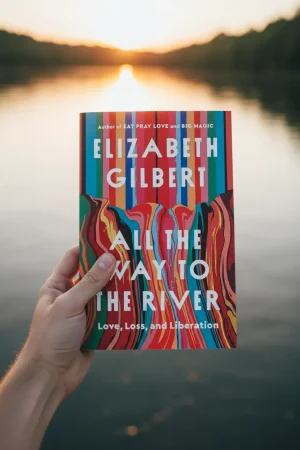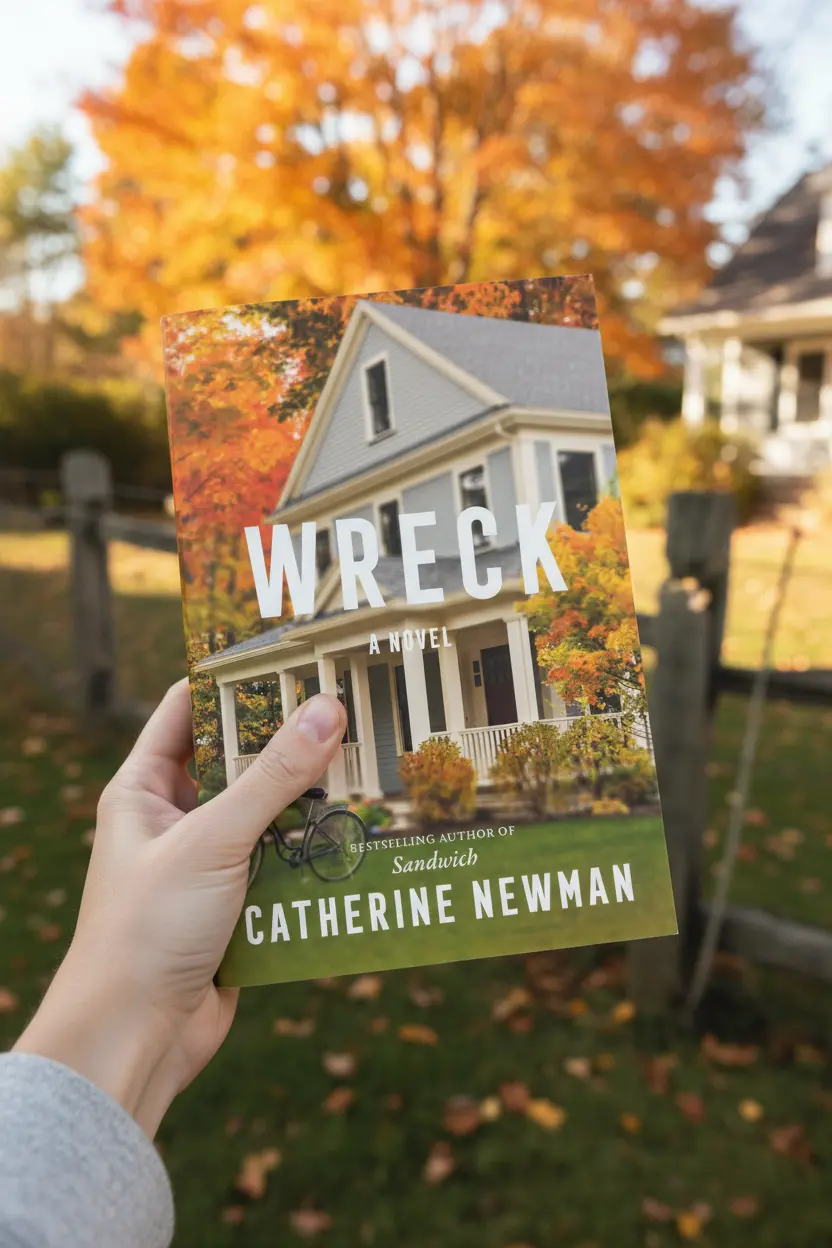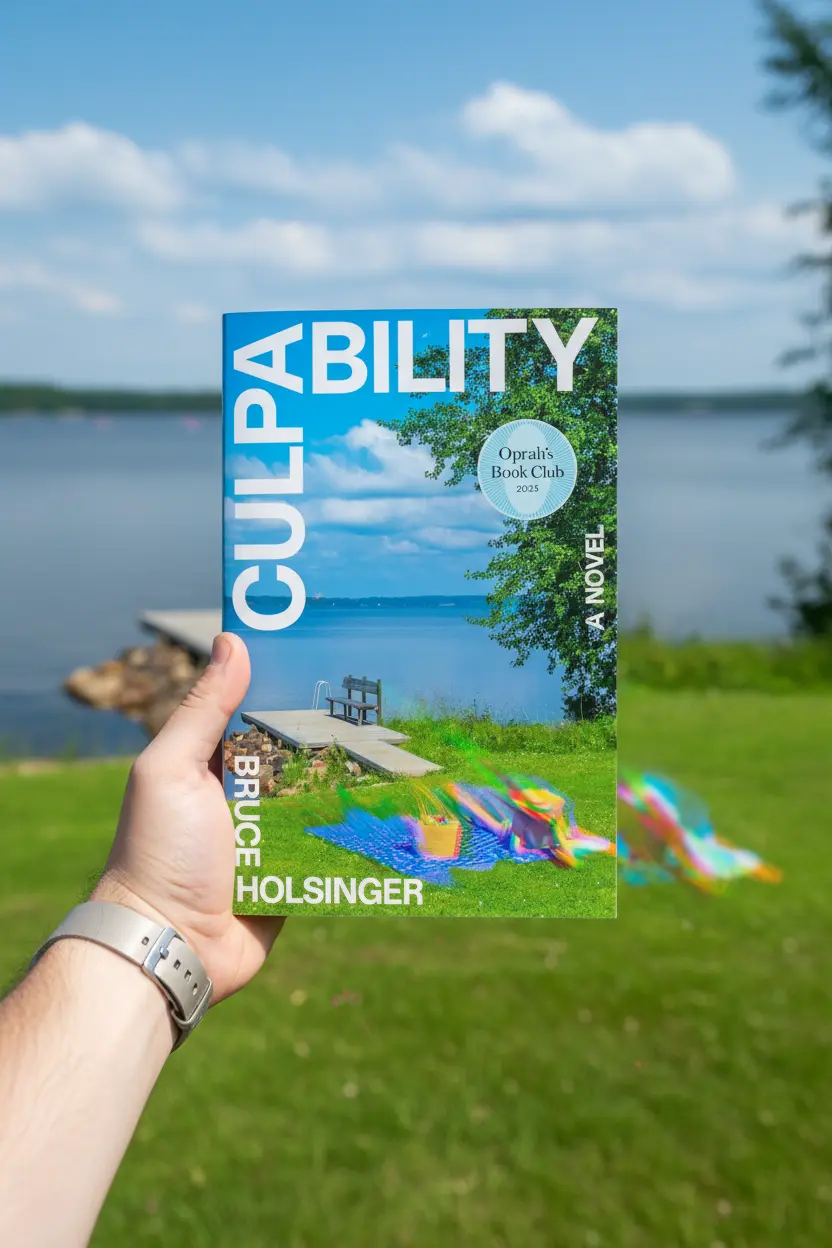
Airbnb Custom Promotion: A Smart Way to Increase Bookings Fast
If bookings are slowing down or you’re preparing for a seasonal lull, running an Airbnb custom promotion can be one of the most effective ways
SHARE THIS POST

All the Way to the River: Love, Loss, and Liberation by Elizabeth Gilbert marks her return to the kind of deeply personal storytelling not seen since Eat, Pray, Love. This all the way to the river: love, loss, and liberation book review explores her harrowing and heartfelt memoir about love, addiction, grief, and the possibility of liberation that follows heartbreak.
Celebrated for her phenomenally successful memoirs and novels, Gilbert now strips away glamour to reveal the raw story of her bond with Rayya Elias—hairstylist, soulmate, and creative force. Unlike the globe-trotting optimism of Eat, Pray, Love, this book is grounded in intimacy, pain, and resilience.
The memoir spans two decades of evolving love and loss. Gilbert details her partnership with Elias—beginning with generosity and adoration, shifting into cycles of addiction and codependency, and ultimately marked by grief as Elias faces terminal cancer. It’s an unflinching portrait of passion and pain intertwined.
Gilbert trades polished narrative for confession and experimentation. Journal entries, doodles, and fragmented poems mingle with prose, producing a book that feels like a lived-in notebook of survival. Critics highlight that her clipped style sometimes resembles social-media brevity or spoken-word cadences, but it carries an authenticity that’s hard to ignore.
Rayya Elias emerges as charismatic and unforgettable—brilliant, bold, and troubled. Gilbert’s own voice reflects vulnerability, grief, and honesty, standing in sharp contrast to her earlier persona. Their shared world is intimate, chaotic, and suffused with love and sorrow.
The memoir grapples with themes of addiction, grief, love addiction, and recovery. Liberation is framed not as triumph but as survival—a sober acceptance of impermanence and the ongoing work of healing. For readers who crave unvarnished emotional truth, the impact is profound.
Strengths:
Weaknesses:
While Eat, Pray, Love was buoyant and outwardly adventurous, All the Way to the River is dark, urgent, and emotionally unguarded. It shares DNA with memoirs of addiction and caregiving, but remains uniquely Gilbert in its lyricism and spiritual reflection.
This memoir is a powerful fit for readers who appreciate:
It is less suited for those seeking lighthearted memoirs or structured self-help advice.
Ultimately, this all the way to the river: love, loss, and liberation book review finds Gilbert’s memoir unforgettable. It is a story not of arrival but of endurance, charting the devastation of grief and the fragile hope of recovery. Courageous, intimate, and emotionally unflinching, it is highly recommended for readers willing to confront the depth of love and loss.
Verdict: 4.5 / 5 stars — devastating yet regenerative, a memoir that lingers long after the last page.
For more perspectives on All the Way to the River, see reviews from The New Yorker, ArtsHub Australia, and Kirkus Reviews. These critics provide additional context, highlighting both its harrowing intensity and its lyrical strengths.
If this memoir resonates with you, you may also enjoy our reviews of Wreck: A Novel and Shantaram. Each offers a different take on grief, resilience, and the search for meaning.
Subscribe for unbiased reviews and easy-to-use tools that help you choose and track your next read.
SHARE THIS POST

If bookings are slowing down or you’re preparing for a seasonal lull, running an Airbnb custom promotion can be one of the most effective ways

Wreck a Novel Book Review | Catherine Newman Wreck: A Novel by Catherine Newman is her latest work after the warmly received Sandwich (2024). In

Culpability Book Review | Bruce Holsinger’s AI Family Drama Author: Bruce HolsingerGenres: Literary Thriller, Contemporary Fiction, Speculative Fiction, Family DramaPublication Date: July 8, 2025Oprah’s Book
Subscribe for unbiased reviews and easy-to-use tools that help you choose and track your next read.